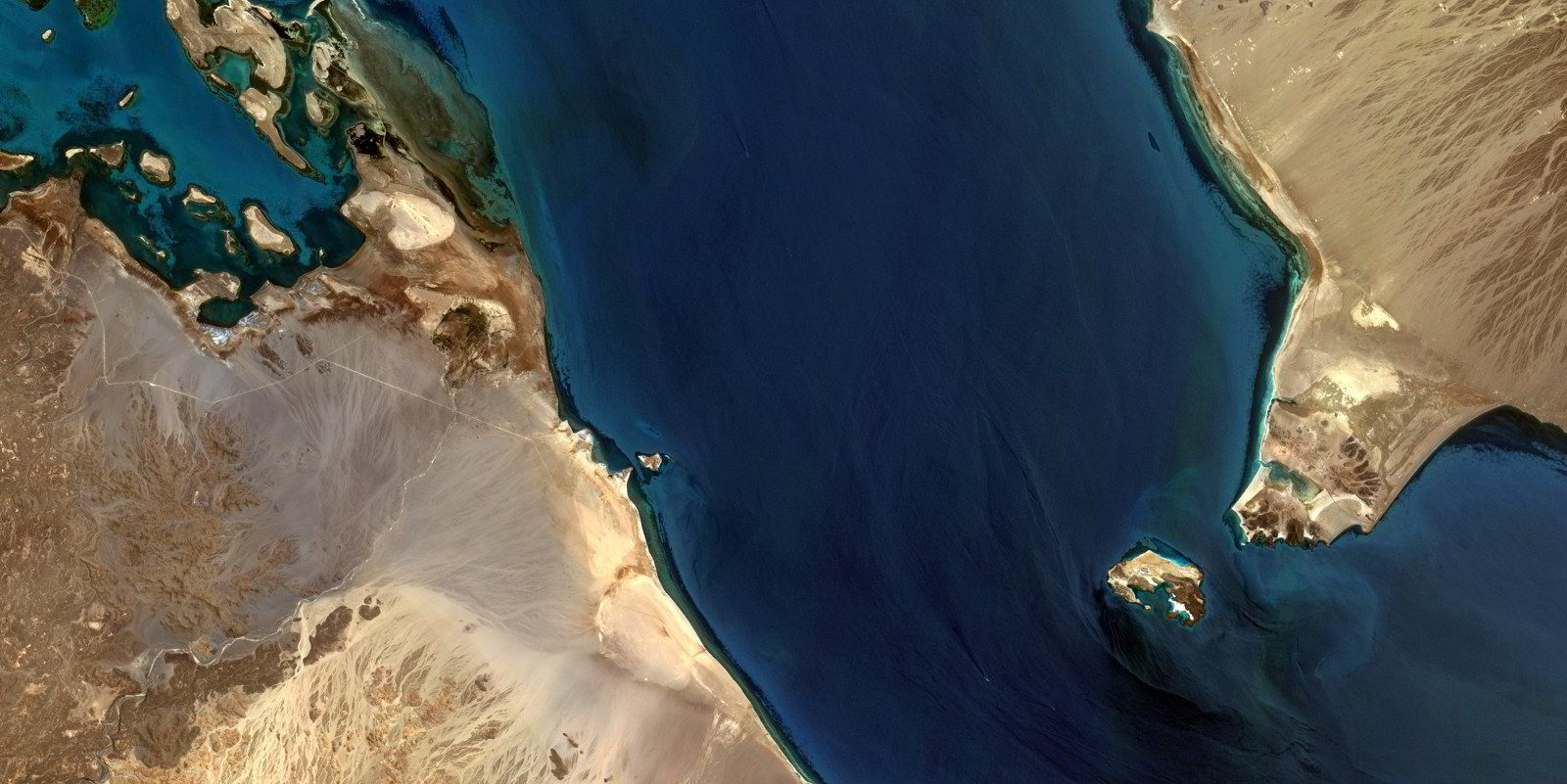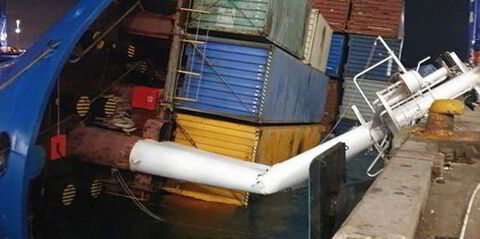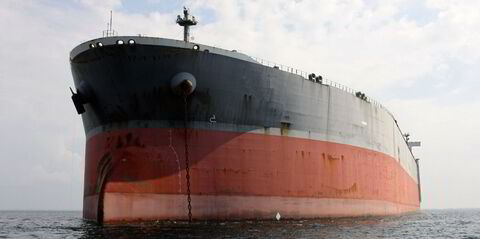Tanker trades are facing continued disruption for some time yet as more owners steer clear of the Red Sea.
Ship tracking data suggests tanker traffic has dropped further in the region over the past week, shipbroker BRS Group said.
“We tentatively attribute this to the falling number of tankers carrying barrels for date-specific delivery windows, which were fixed before the 12 January US and UK airstrikes on Yemen,” it added.
“Furthermore, many tanker owners are now asking for Bab el-Mandeb Strait exclusions on their future fixtures.”
With this in mind, and considering several attacks and near misses in the region in the last week, BRS is expecting further drops in tanker numbers going through the strait over the days and weeks ahead.
The broker reiterated its expectation that the heightened security threat will remain in place “for some time” yet.
And it said that given the extra distance of a Cape of Good Hope voyage, “this should help to tighten tonnage going forward”.
UK shipbroker Clarksons said at the beginning of this week that tanker traffic was starting to be seriously affected by the Houthi attacks.
Managing director Steve Gordon said overall Red Sea tonnage transits had fallen a further 10% after recent military escalation, with Gulf of Aden arrivals 65% lower than 2023 levels.
Container ship passages remain very low, driving freight rates up 200% since the beginning of December, but increases in charter rates have been a more modest 8%.
“Tanker disruption [is] now more evident, with tonnage entering the Gulf of Aden down 45% on 2023 levels,” Gordon noted.




